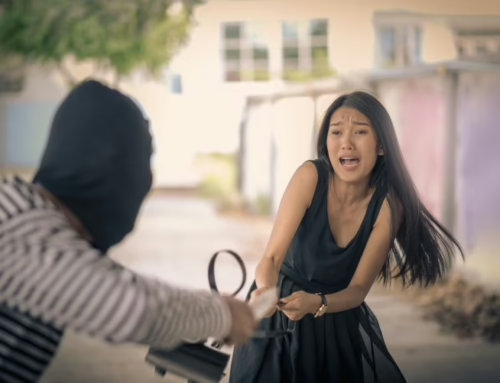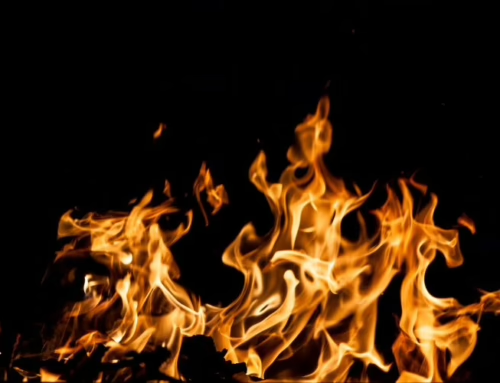When a person is accused of committing a Washington domestic violence crime, the accuser or the alleged victim often files a petition for a domestic violence protection order (DVPO). If granted, the order prohibits the accused from having any contact with the alleged victim. If you are facing both a domestic violence charge and a petition for a DVPO, you have to contact a criminal defense attorney today. You have certain constitutional rights that must be protected.
What is a Washington Domestic Violence Crime?
Washington criminal law (RCW 26.50.010) says that domestic violence is any crime committed against:
- A family member,
- Someone living in the same household, or
- Someone with whom the defendant has, or had, a dating relationship with.
A few common domestic violence offenses committed under Washington law include:
- Harassment,
- Intimidation and threatening,
- Physical assault and sexual assault,
- Stalking, and
- Malicious mischief.
These offenses carry a range of penalties and punishments. This includes the possibility of the State filing either gross-misdemeanor or felony charges. While a gross misdemeanor is punishable by up to one year in jail, a felony offense can potentially lead to years in prison.
What is a Domestic Violence Protection Order?
A DVPO is an order that can be sought by a victim of domestic violence. More specifically, Washington law says that a DVPO can be obtained by a person experiencing physical harm, bodily injury, assault, stalking, or sexual assault by a family or household member. A person may also file for this protection order if he/she fears imminent physical harm or bodily injury by a family or household member.
If successfully obtained, a DVPO prohibits the restrained party from having any contact at all with the protected party. A DVPO can be in place on a temporary basis, for a year or more, or on a permanent basis. Persons restrained by DVPOs will likely face firearm prohibitions.
A violation of a DVPO is often considered a misdemeanor. A violator faces the potential of one year in jail, thousands of dollars in fines, or both. A judge can also require the violator to submit to electronic monitoring. A DVPO violation can be a felony in certain circumstances, such when the violation is an assault or when the defendant has two or more prior convictions for violating protection orders.
Contact Black & Askerov for Help
If you are facing both a domestic violence charge and the alleged victim has filed for a DVPO, you need to contact a skilled criminal defense attorney today. There are important 5th amendment issues involved in these cases, including the protection of a person’s right against self-incrimination. This right means people can refuse to answer questions or otherwise give testimony that could be used against them.
Please know that the lawyers at Black & Askerov have over 25 years of combined experience defending clients against domestic violence charges. They also have the same valuable experience in helping clients defeat DVPOs. These domestic violence lawyers represent all their clients with passion and dedication. Do yourself a favor and contact them now to get the quality legal representation you deserve.






